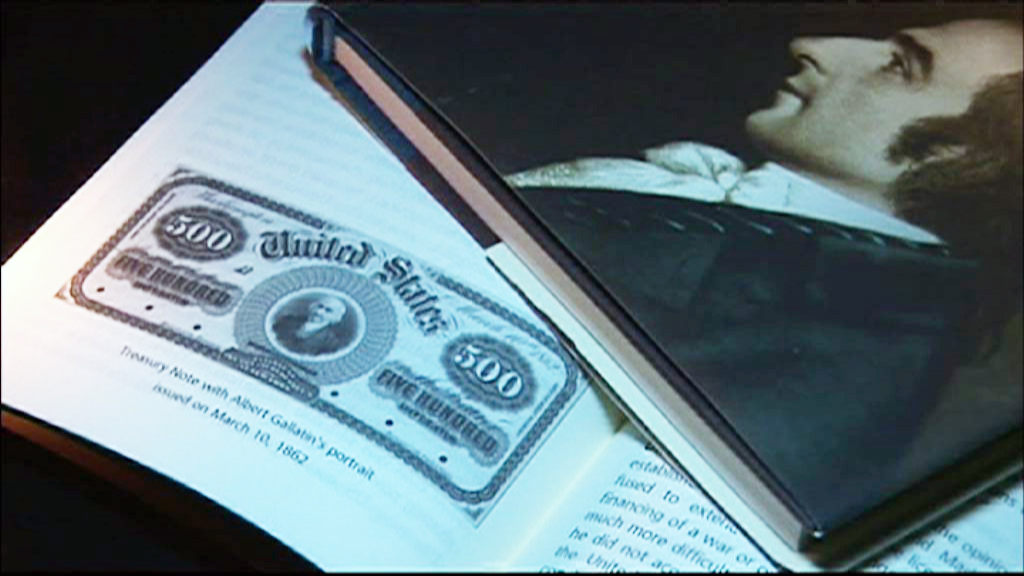Interest rates held despite lingering risks

The Swiss National Bank (SNB) has again opted to keep interest rates at historic lows despite economic uncertainties and the franc gaining in strength.
The SNB also expressed reservations about the exposure of the big banks to creaky overseas credit, the quality of their risk absorbing capital, and the level of mortgage lending in the domestic market.
Switzerland’s central bank warned on Thursday that many financial institutions have not taken adequate steps to protect themselves against future economic shocks. The SNB recognised that banks had taken initial steps to improve their defences, but urged them to do more.
A deterioration in the already volatile sovereign debt crisis in Europe could catch out UBS and Credit Suisse which are overexposed to unstable credit while having insufficient means to cover potential losses, states an SNB report.
Protect exporters
While UBS and Credit Suisse are not directly exposed to much credit from troubled economies such as Greece, SNB vice-chairman Thomas Jordan warned that these banks could be caught out by a ripple effect of a country defaulting on its debt.
“Should the debt problems in the already vulnerable international banking system or in other sovereigns become amplified, however, these banks could face considerable losses,” he said.
The warning comes days after the Senate passed a series of measures to force banks to improve their defences against future financial crises.
Despite these lingering concerns, the SNB opted once again to keep the three month interbank Libor range at 0.0-0.75 per cent with a target rate of 0.25 per cent.
The main reasoning behind the decision was to protect Swiss exporters from the ravages of the franc, that recently strengthened to record highs of SFr1.20 against the euro and SFr0.84 versus the dollar.
Embattled SNB chairman Philipp Hildebrand revealed the delicate balancing act the central bank has to observe when setting rates.
Housing bubble?
“The main risks remain, on the one hand, the effects of the strong Swiss franc on the export industry and, on the other, the danger of overheating in the real estate sector,” he said.
House prices in some areas of Switzerland, such as Geneva and Zurich, have risen dramatically in recent months, with some experts fearing that localised bubbles are being formed.
Low interest rates have helped fuel rising house prices by encouraging more people to take out mortgage loans. The value of mortgage loans increased 4.6 per cent last year to SFr758 billion ($893 billion).
“Should real estate prices continue to rise at the current pace and move away from the level justified by fundamentals, a significant price correction is more likely in the medium term,” said Jordan.
“Such a price correction, together with a significant rise in mortgage loan defaults, would pose a threat to financial stability.”
Inflationary pressures
Observers fear that too many banks are lowering lending standards to gain a slice of the buoyant mortgage market in the face of fierce competition. The hands of the finance regulators, however, are tied by the lack of detailed data on such loans.
“Given this uncertainty and signs of potentially adverse developments in the real estate and mortgage markets, there is a need for action in many respects,” said Jordan.
The SNB vice-chairman suggested a revision of the rules of self-regulation in the mortgage lending arena that could compel banks to set aside greater reserves to cover potential losses in the event of defaults.
In opting to keep interest rates on hold, the SNB also took into account the risk of inflation spiraling out of control. But it concluded that the strong franc would continue to keep economic growth, and prices, in check.
The SNB maintained its forecast of two per cent gross domestic product (GDP) growth this year. It also downgraded its inflation expectations to 0.9 per cent this year, one per cent in 2012 and 1.7 per cent in 2013.
Stronger inflationary pressures in other parts of the world have led to recent interest rate hikes.
The European Central Bank raised its by a quarter of a per cent to 1.25 per cent in April – the first increase since 2008.
The SNB released its annual Banking in Switzerland report on Thursday.
The 320 banks in Switzerland (325 in 2009) saw profits rise by SFr5.1 billion to SFr13.8 billion last year.
Losses were dramatically reduced from SFr6.3 billion in 2009 to SFr3.1 billion in 2010.
Aggregate balance sheets amounted to SFr2.7 trillion in 2010, up from SFr2.67 trillion in 2009.
Staff numbers rose 1.7% to 132,013 while associated costs rose 3.2%.

In compliance with the JTI standards
More: SWI swissinfo.ch certified by the Journalism Trust Initiative















You can find an overview of ongoing debates with our journalists here . Please join us!
If you want to start a conversation about a topic raised in this article or want to report factual errors, email us at english@swissinfo.ch.